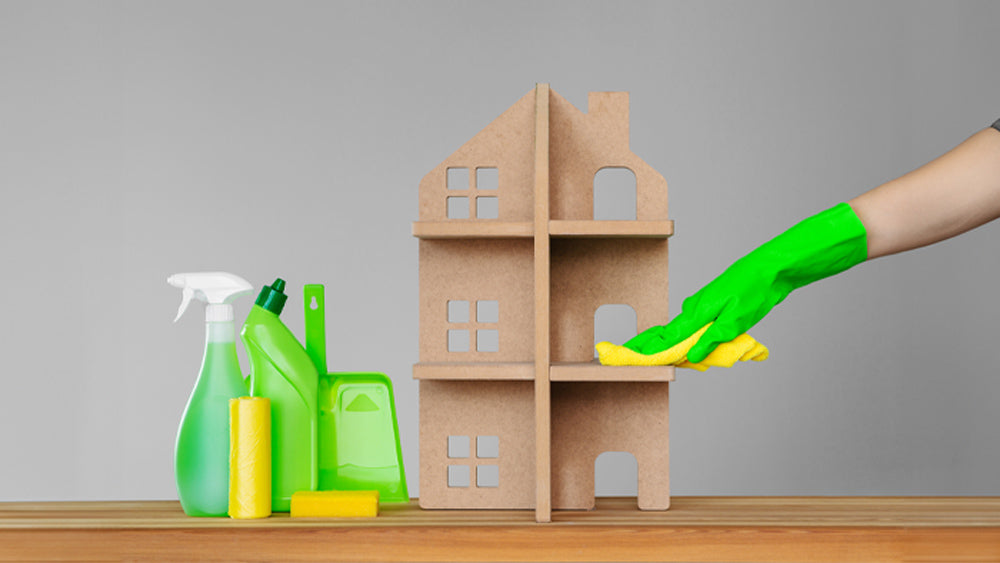How many of us use traditional chemical-based cleaners to clean our home? So many of us. But do we understand their true impact? The chemicals we use to make our homes shine can have a big impact on our planet. From the production line to disposal, conventional cleaners often have an impact that impacts ecosystems. In this blog, let's look at the the environmental impact these choices have. Let’s discover how choosing greener alternatives can lead to a cleaner planet and healthier homes.
In our search for a clean and tidy home, the choices we make about household cleaners can have a big impact on both our living spaces and the environment. Let's look into the differences between organic and conventional cleaners. Let us explore how these choosing natural cleaners and plant-based cleaners can affect our homes and the world around us.
Understanding Conventional Cleaners:
Conventional cleaners are the ones we most often find on supermarket shelves. They are loaded with synthetic chemicals. Ingredients like ammonia, bleach, and various harsh substances promise a germ-free, sparkling clean home. While effective at their job, these cleaners come with a bad side – they can contribute to indoor air pollution and leave harmful residues on surfaces.
Regular household cleaners often contain chemicals that promise to make our homes sparkle and shine. These chemicals have specific jobs, but some of them can be harsh and even harmful.
One common chemical in many cleaners is ammonia. Ammonia is great at cutting through grease and making glass surfaces super clear. However, breathing in ammonia fumes can irritate our eyes, nose, and throat. It's like when you chop onions, and your eyes start to water – ammonia can have a similar effect on our eyes and respiratory system.
Another strong chemical found in many cleaners is chlorine. Chlorine is excellent at killing germs and making our bathrooms and kitchens germ-free. However, when we use chlorine, it releases fumes that we might breathe in, causing respiratory issues. It's like the smell of a swimming pool, but too much of it indoors isn't good for us.
Some cleaners also contain phthalates, which help give them a nice fragrance. While a pleasant scent is nice, phthalates are known to be endocrine disruptors, meaning they can mess with our hormones. Especially for kids and pets, it's better to avoid these chemicals to keep everyone safe and healthy.
Synthetic fragrances, added to make cleaners smell fresh, can sometimes trigger allergies or respiratory problems. The lovely scent might be inviting, but for some people, it can lead to discomfort.
Environmental Impact:
These chemicals not only affect our health but also leave behind residues on surfaces. When washed down the drain, they can end up in water systems. This may harm the aquatic life and ecosystems. So, while these chemicals may be effective at cleaning, it's essential to be aware of their possible harm. It becomes important to consider safer alternatives for a healthier home and planet. Choosing plant-based or natural cleaners is a simple way to clean effectively without exposing ourselves and the environment to harsh chemicals.
The Environmental Toll:
The production and disposal of conventional cleaners can also be an issue. They often involve the use of non-renewable resources and harsh chemicals. From the manufacturing process to the disposal of empty containers, the environmental impact can be a lot. These harsh chemicals make their way into the water systems once they are washed down the drain. This can affect aquatic life and ecosystems.
Choosing the Organic Route:
On the flip side, organic cleaners or plant-based cleaners offer a greener alternative. These natural cleaners use natural ingredients derived from plants. So, they are chemical-free cleaners as they avoid synthetic chemicals that can harm both the environment and our health. Organic cleaners often come in recyclable or biodegradable packaging, reducing the overall carbon footprint.
Benefits of Organic Cleaners:
- Safer for You and Your Family: Organic cleaners use gentle, plant-based ingredients. This reduces our risk of exposure to harmful chemicals. This is especially crucial in households with children and pets.
- Reduced Indoor Air Pollution: Conventional cleaners may contain toxic chemicals that could release potentially harmful fumes. The natural cleaners typically contain natural fragrances and will not release any toxic acid fumes. These chemical-free cleaners are usually free of chemicals like ammonia, HCL etc.
- Biodegradable Formulas: Organic cleaners break down naturally. This minimises their impact on the environment. They won't contribute to water pollution when washed down the drain.
- Sustainable Packaging: Many organic cleaning brands and natural cleaners have eco-friendly packaging. They use materials that are either recyclable or biodegradable.
Making Informed Choices:
When shopping for household cleaners, it's essential to check labels and opt for products that are certified organic or plant-based. Choosing organic cleaners and plant-based cleaners isn't just about a cleaner home; it's about making a positive impact on the environment.
Conclusion:
In the battle of organic vs. conventional household cleaners, the environmental impact is a critical factor. While conventional cleaners may promise immediate cleanliness, the long-term consequences on our health and the planet are a lot. Choosing organic cleaners and plant-based cleaners not only ensures a safer home but also contributes to a healthier planet. So, the next time you reach for that cleaning spray, consider making a clean choice for both your home and Mother Earth. Let's keep our spaces sparkling and the environment shining!


